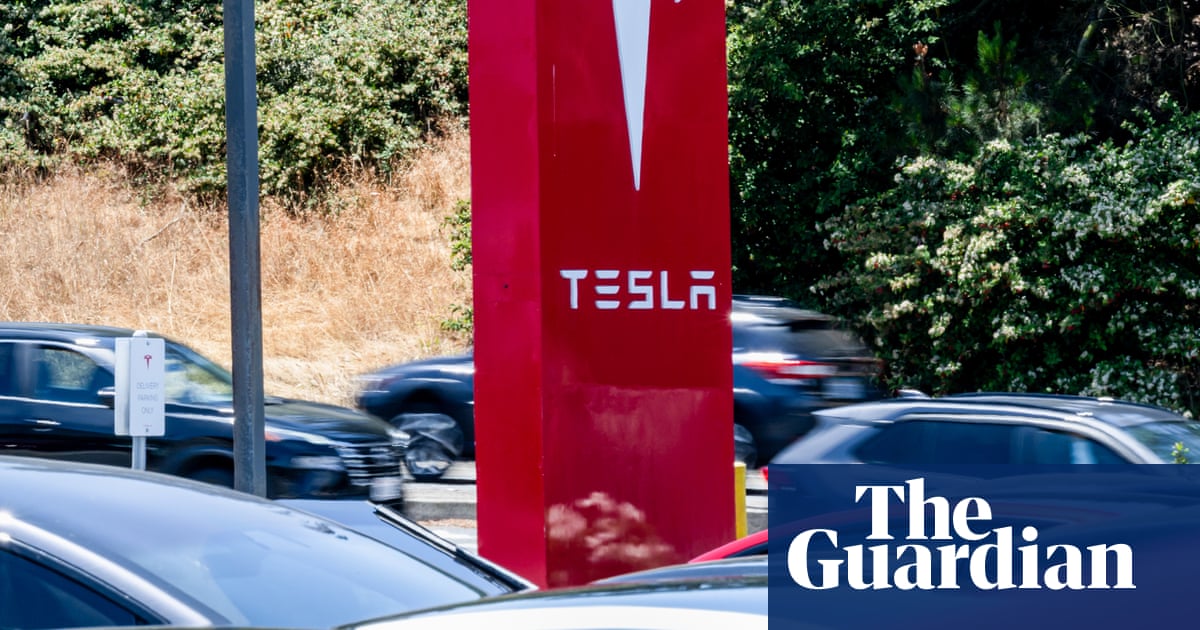Tesla posted another big drop in quarterly deliveries on Wednesday, putting it on course for its second straight annual sales decline as demand falters due to backlash over CEO Elon Musk’s political stance and an aging vehicle lineup.
Tesla said it delivered 384,122 vehicles in the second quarter, down 13.5% from 443,956 units a year ago. Analysts had expected it to report deliveries of about 394,378 vehicles, according to an average of 23 estimates from financial research firm Visible Alpha, though projections went to as low as 360,080 units based on estimates from 10 analysts over the past month. Analysts use the number of vehicles delivered to customers as a metric of success to evaluate both automotive sales and production.
“The market is reacting to the deliveries not being as bad as potentially thought with multiple analysts cutting their forecasts over the past week,” said Seth Goldstein, senior equity analyst at Morningstar.
The stock has lost 25% of its value so far this year as investors feared brand damage in Europe, where sales have slumped most sharply, and in the US from Musk’s embrace of rightwing politics and his role in spearheading the Trump administration’s cost-cutting effort. The day Trump and Musk split publicly in early June, Tesla lost some $150bn in market value. Its share price has somewhat recovered in the ensuing month, but Trump and Musk have likewise reignited their feud as they spar over Trump’s sweeping tax bill.
Tesla’s plummeting deliveries in a steadily growing global EV market come despite Musk saying in April that sales had turned around.
The company refreshed its top-selling Model Y crossover earlier this year to boost demand, but the redesign forced a production halt and prompted some buyers to delay purchases in anticipation of the updated version.
Most of Tesla’s revenue and profit come from its core EV business, and much of its trillion-dollar valuation hangs on Musk’s big bet on converting its vehicles into robotaxis.
Tesla last month rolled out a robotaxi service in limited parts of Austin, Texas, for a select group of invitees and with several restrictions, including having a safety monitor in the front passenger seat. The pilot was limited, though, with only about a dozen Robotaxis on the road. The US National Highway and Transportation Safety Administration opened an investigation into the launch of the autonomous ride service.
Sign up toTechScape
A weekly dive in to how technology is shaping our lives
after newsletter promotion
The automaker had said it would start producing a cheaper vehicle, expected to be pared-down Model Y, by June’s end.
While a cheaper model might help bolster sales, Wall Street expects a second consecutive annual sales decline this year. To achieve Musk’s target of returning to growth this year, Tesla would need to hand over more than a million units in the second half - a record and a tough challenge, according to analysts, despite typically stronger sales in the second half.
